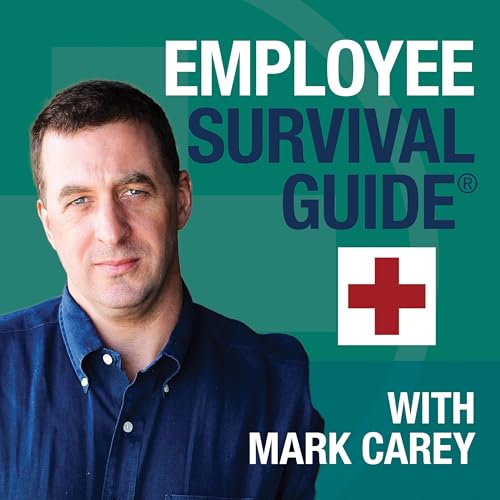Comment on the Show by Sending Mark a Text Message.
This episode is part of my initiative to provide access to important court decisions impacting employees in an easy to understand conversational format using AI. The speakers in the episode are AI generated and frankly sound great to listen to. Enjoy!
What happens when a workplace harbors shocking racial hostility beneath its surface? Today we're peeling back the layers of a riveting discrimination case that reveals the stark contrast between public corporate images and the reality some employees face behind closed doors.
Our investigation centers on a lawsuit filed by the Equal Employment Opportunity Commission against TNT Crane and Rigging in Texas federal court. The allegations are deeply disturbing: Black employees subjected to regular racial slurs from managers, nooses displayed at company facilities, white supremacist symbols affixed to equipment, and swift retaliation against those who dared to speak up. When a white employee reported witnessing these conditions, he allegedly faced vandalism, threats, reduced hours, and ultimately felt forced to resign.
Throughout the legal proceedings, TNT Crane and Rigging maintained their innocence, denying all substantive allegations. Yet the case concluded with a $525,000 settlement split among five employees and a court-mandated overhaul of company policies. This resolution—achieved without any admission of guilt—reveals a fascinating dynamic where the sheer weight of allegations and the desire to avoid prolonged litigation can drive significant corporate change.
The comprehensive consent decree now requires TNT to implement detailed anti-discrimination policies, establish multiple reporting channels including a direct hotline to HR leadership, conduct mandatory training for all employees, and submit to three years of EEOC oversight. It's a powerful example of how legal pressure can transform workplace culture regardless of whether wrongdoing is ever formally acknowledged.
What does it say about our systems of accountability when half a million dollars changes hands while responsibility remains officially unacknowledged? Join us as we explore this question and examine what real justice looks like for employees facing discrimination in today's workplace. Has this case sparked thoughts about your own workplace experiences? We'd love to hear your perspective.
EEOC Press Release: August 1, 2025
If you enjoyed this episode of the Employee Survival Guide please like us on Facebook, Twitter and LinkedIn. We would really appreciate if you could leave a review of this podcast on your favorite podcast player such as Apple Podcasts. Leaving a review will inform other listeners you found the content on this podcast is important in the area of employment law in the United States.
For more information, please contact our employment attorneys at Carey & Associates, P.C. at 203-255-4150, www.capclaw.com.
Disclaimer: For educational use only, not intended to be legal advice.
 48 m
48 m 23 m
23 m 17 m
17 m Aug 20 202541 m
Aug 20 202541 m 15 m
15 m Aug 6 202519 m
Aug 6 202519 m 25 m
25 m 1 h y 6 m
1 h y 6 m

